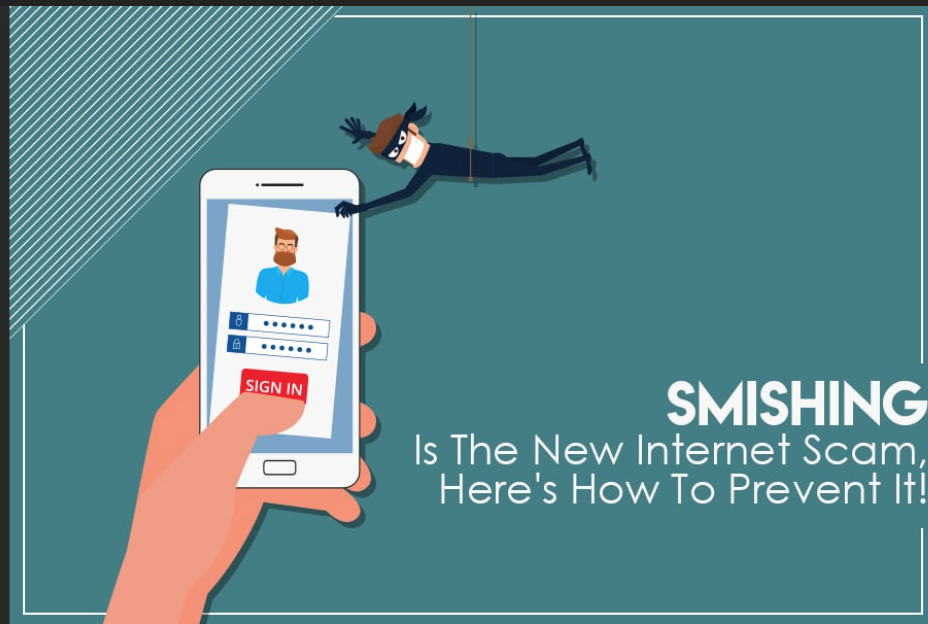 Tech Corner
Tech Corner
Smishing is a type of social engineering attack in which an attacker uses SMS text messages to trick victims into divulging sensitive information, such as passwords, credit card numbers, or personal identification information.
In a typical smishing attack, the attacker sends a text message to the victim pretending to be a legitimate source, such as a bank or other financial institution. The message may claim that there has been suspicious activity on the victim’s account or offer a free service or product in exchange for the information.
The attacker may also include a link in the text message that, when clicked, takes the victim to a fake website or downloads malware onto their device. This can allow the attacker to steal sensitive information or take control of the victim’s device.
To protect against smishing attacks, it is important to be skeptical of unsolicited text messages and to never give out sensitive information unless you have confirmed the identity of the sender and their legitimacy. It is also recommended to use two-factor authentication and strong, unique passwords for all online accounts. Additionally, it’s important to be careful when clicking on links or downloading attachments in text messages, especially if they are from unknown or suspicious sources.
